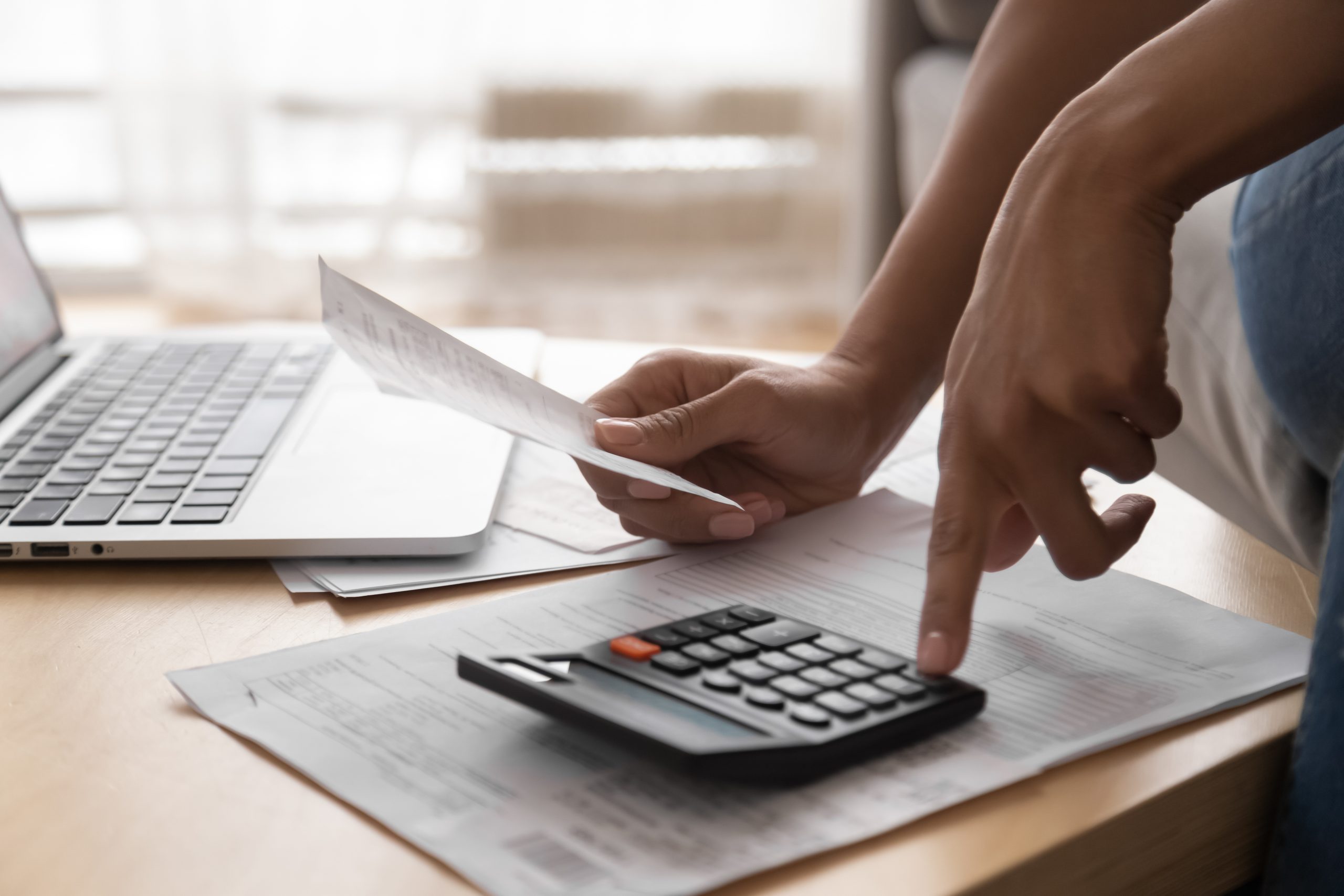The Answer is Yes, Yes, Yes!
We hear the question, ‘Can I use my Super to buy a house?’, so often, we decided to put together this informative guide to answer that very question.
The good news is there are ways that superannuation can be used to buy a house. But before you jump on the phone to your super fund and demand all your money in crisp $100 notes, we have to tell you, there are conditions.
You essentially need to fall into one of three categories if you want to use your super to buy a house.
1. You’ve reached retirement age or retirement conditions
You’ve worked hard all your life, faithfully paying money into your superannuation. And then you reach the magical age…retirement age. Ahh the pure bliss of never having to work again. But on top of never having to work again, you get the added bonus of access to your superannuation funds – so long as you meet the conditions of release (the ATO has lots of information about this).
So, if you’ve been dreaming of buying your own home or want to purchase an investment property, your age and retirement status might just have handed you the golden keys to your new house.

2. You’re a first home buyer
Whoa! Hold your horses and halt the stampede. Like all things with super, if you’re a first home buyer there are limited circumstances under which you might be able to use a portion of your super as a deposit on your first home. This can be done under the government’s First Home Super Saver Scheme.
Conditions apply
In order to do this, you must have been making extra super contributions – that is super payments over and above the legally required amount. And there is a limit to how much you can contribute and withdraw under the scheme. You can contribute up to a total of $30,000 using the First Home Super Scheme, but each year has a maximum limit of $15,000. So, it follows that you can only withdraw a maximum of $30,000.
Other conditions include:
• You must be 18 or older
• You cannot ever have owned a property before – this includes investment properties
• You cannot use your contribution to buy a houseboat, motor home or vacant land
• You can only use the scheme once
If you think that $30,000 isn’t going to cut it, keep in mind that you and your partner can both access the scheme if you both meet the eligibility criteria. That gives you double the money or $60,000.
Other boosts for first home buyers
As of 1 July 2017, the government also introduced several other measures to make housing more affordable for first homeowners.
Amongst these in NSW are:
• A $10,000 First Home Owner Grant for builders of new homes up to $750,000, and for purchases of new homes up to $600,000
• No stamp duty for all homes up to $650,000
• Stamp duty reductions on homes up to $800,000
Want more information? The NSW Government have information on their website.

3. You belong to a SMSF or self managed superannuation fund
If you have a self-managed super fund, you may be able to purchase a property using a portion of that fund. The proviso being you cannot yourself live in that home. In fact, you cannot even use the home on a part time basis. Properties bought under a SMSF must be for investment purposes only.
So, if you were dreaming of buying that multi-million-dollar beach property and soaking up the sun in peak season, we sadly have to shatter that illusion. That doesn’t mean that all is lost.
Buying an investment property via you SMSF can be an excellent investment and often offers excellent returns. It really comes down to how astutely you select the property and what happens within the property market.
Don’t have a self managed super fund?
That doesn’t completely disqualify you. If you choose to roll your existing super savings to a SMSF, buying an investment property is a very real option for you.
Running an SMSF can be quite complicated, however, and you are legally required to comply with all the obligations associated with running a super fund. For this reason, many people use an accountant or financial advisor to help them run the fund according to legislative, accounting and administrative requirements.
Just keep in mind that the rent received from the investment property must be paid into the super fund and all expenses must be paid out of the fund.
You can find additional information about buying property using a SMSF at moneysmart.gov.au and on the ATO’s website.
There you have it
Three genuine ways to use your super to buy a house. So next time you hear someone ask, ‘Can I use my Superannuation to buy a house?’, point them in the direction of this highly informative article.
Note: This article provides general information only and does not constitute advice. We strongly suggest you consider your own circumstances or seek advice before you decide to act.

